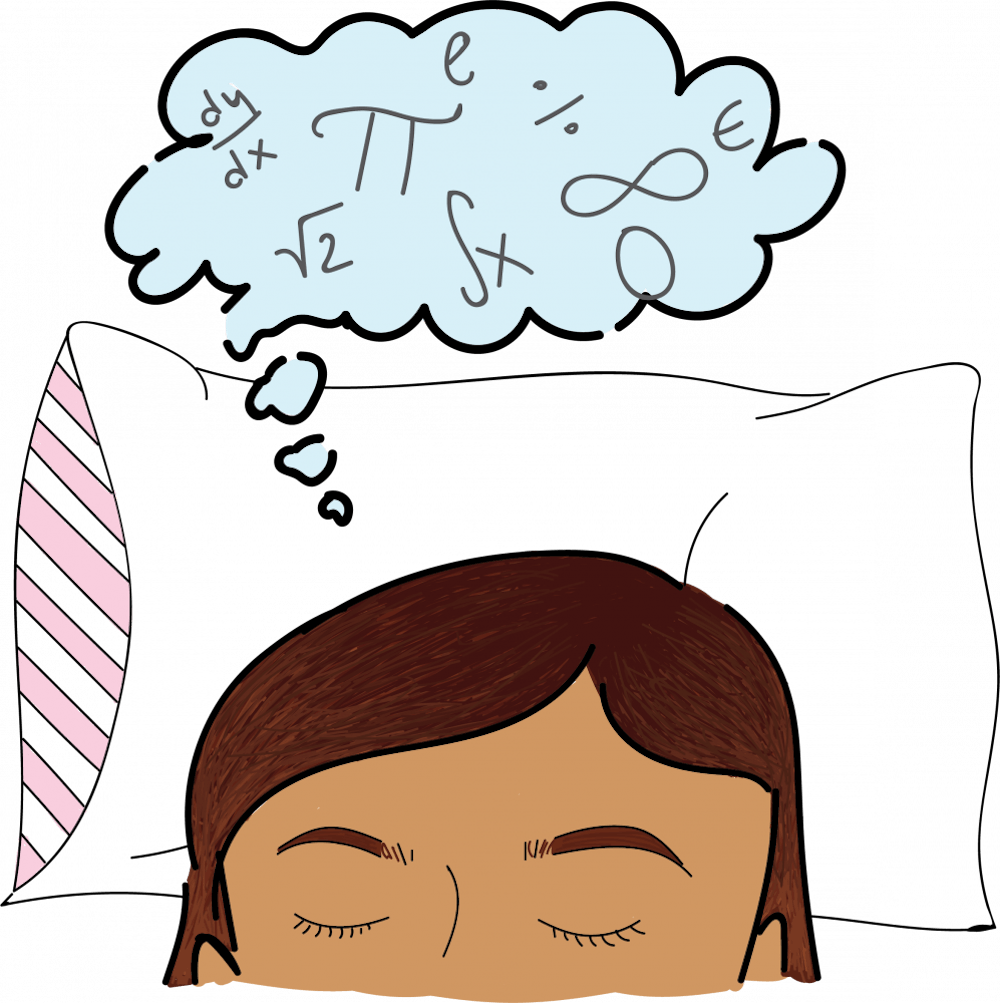Could a good night’s sleep help to prevent future cognitive decline in older adults? A professor at the University hopes to find out if individuals with mild cognitive impairment could delay the effects of dementia by improving their sleeping habits.
Meghan Mattos, an associate professor at the University’s School of Nursing, is working to establish a feasible method of determining the relationship between sleep and mild cognitive impairment. She is using an internet intervention program known as Sleep Healthy Using the Internet for Older Adult Sufferers of Insomnia and Sleeplessness, or SHUTi OASIS, developed by her colleague and mentor Lee Ritterband, a professor of psychiatry and neurobehavioral sciences at the University.
Over the course of his career, Ritterband focused on developing internet-based interventions to bridge his interests between clinical psychology and computer science. Upon arriving at to the University in 1997, as the internet was starting to become mainstream, Ritterband saw the potential to use it to broaden the reach of his work.
Mattos and her colleagues have developed a trial for older adults suffering from mild cognitive impairment around the SHUTi program, with funding from the National Institutes of Health and a Translational Health Institute of Virginia grant.
The trial is currently recruiting older adults — aged 55 and over — that suffer from insomnia and mild cognitive impairment through the University of Virginia Aging and Memory Care Clinic.
SHUTi is a multi-week program consisting of online assessments for individuals to complete from the convenience of their own homes. According to SHUTi OASIS’ website, the program begins with an overview, which reviews educational information on problems with sleeping. The overview is then followed by five “core” units that are “focused on specific methods for improving the quantity and quality of sleep.” After completing each core unit, users spend a week incorporating what they have learned into their their daily routines.
According to the UCSF Memory and Aging Center, mild cognitive impairment, known as MCI, is defined by deficits in memory that do not significantly impact daily functioning. In contrast to Alzheimer’s disease, the effects are relatively minimal and can go unnoticed by the individual. However, the National Institute on Aging says that approximately 80 percent of people with partial or complete loss of memory, or amnestic MCI, go on to develop Alzheimer’s within seven years, while only about 33 percent of people over the age of 65 with regular cognition develop the disease in any one year. There is currently no specific treatment for MCI.
Mattos stressed that this is only the beginning of her research, and that the goal of SHUTi is to determine the feasibility of internet intervention in the prevention of cognitive decline — this intervention is not a medication-based treatment.
“It’s accessible, it’s something that can be used online, and even if it just promotes positive sleep and sleep habits, we know that even in the improvement of that area may ultimately have an impact on their cognition,” Mattos said.
With a background in studying cognitive decline and health disparities in people from rural areas, Mattos said that her hypothesis came from her work in studying health disparities for individuals with early stages of dementia. She approached Ritterband about his web-based program, and after brainstorming, their common interests in older adults and dementia manifested in the trial. It is the first SHUTi trial to focus solely on mild cognitive impairment — however, the team hopes that it will lead to breakthroughs in the use of internet intervention with groups of people with advanced dementias.
Results from the trial will give the team an idea as to the feasibility of using internet intervention to study potential correlations between sleeping habits and cognitive decline in older adults.
“Ultimately the importance of the project lies in the potential preservation of cognition in this really at-risk population,” Mattos said. “This is the first step really, in moving this research forward.”







